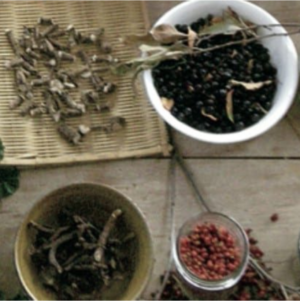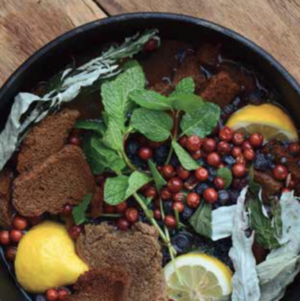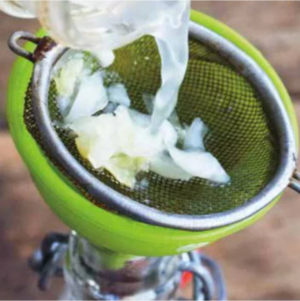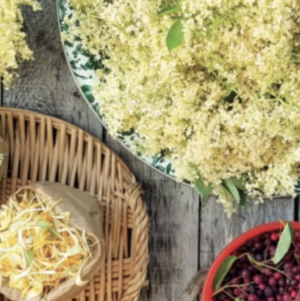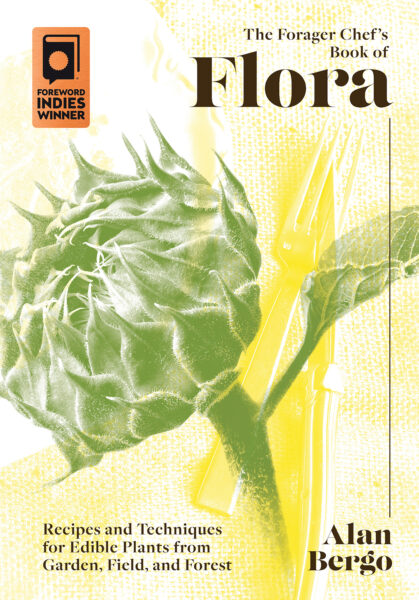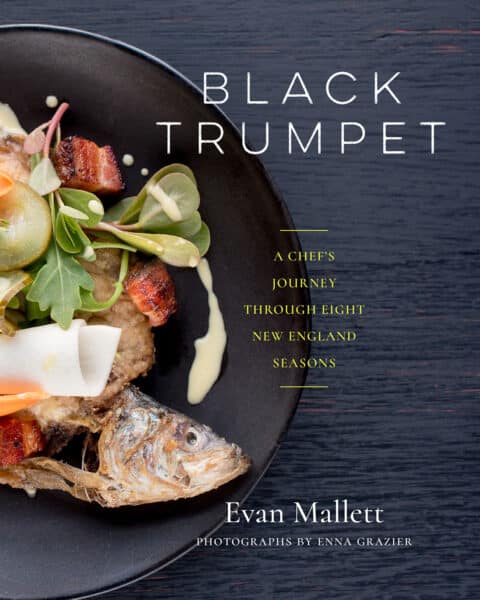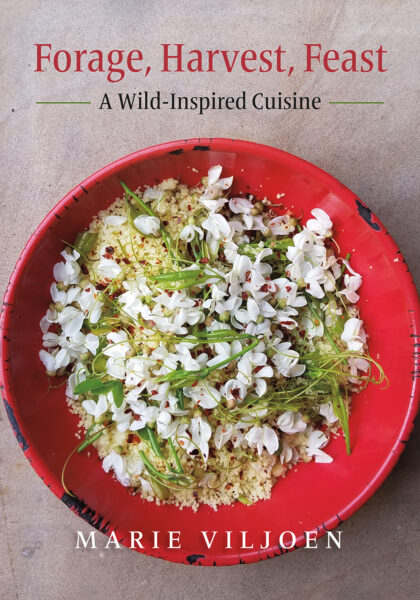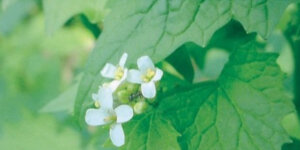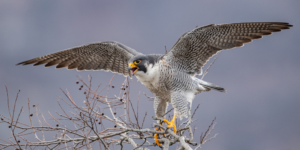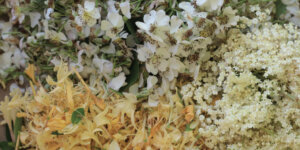Foraging for Food: 10 Tips to Get You Started
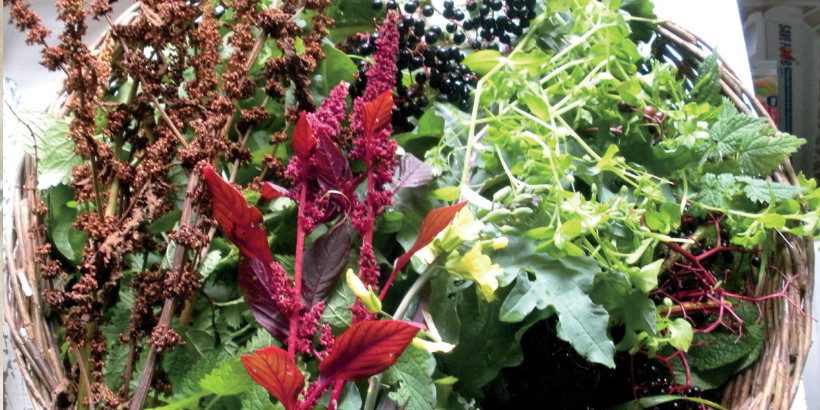
Foraging wild plants in your area is a great way to shake up your culinary delights.
If you don’t know where to start, you’re in the right place! Below are our best foraging posts to get you started on your hunt for wild edibles.
|
|
|---|
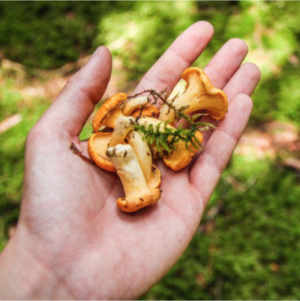 Foraging 101: Where to find your bounty
Foraging 101: Where to find your bounty
We’ve given you descriptions. We’ve given you recipes. We’ve given you (hopefully) inspiration to explore. And now we’re giving you the information you need to begin foraging on your own: where to do it and how to be safe. So go forth, young foragers, and start gathering your bounty.
|
|
|---|
Wild Edibles: 5 Tips for Beginner Foragers
Ever spotted a dandelion growing in your backyard and wondered, can I eat that? According to wild plants expert Katrina Blair, the answer is a resounding yes. And there are plenty of other commonly found weeds that fall into this category as well.
If you are new to foraging, get a few beginner tips from Katrina Blair to get you started on your hunt for wild edibles.
|
|
|---|
 Foraging and Cooking … Cattails
Foraging and Cooking … Cattails
Pascal Baudar is taking the notion of foraging and incorporating wild ingredients into food to a new level! He views the terrain as his culinary playground, full of wild plants and other edible and delicious foods (even insects) that once were gathered and used by native peoples but that have only recently begun to be re-explored and appreciated. Learn how to forage, and eat, cattails. Springtime and early summer are the best times to seek out this nutritious, and delicious, plant.
|
|
|---|
Strong, Spicy, and Pleasant: Wild Green Kimchi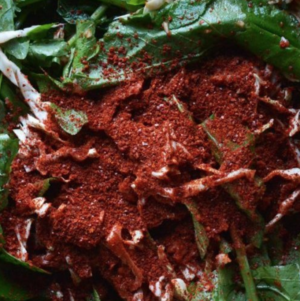
Need a new twist on kimchi? Look no further than this “wild” version from Pascal Baudar.
The ingredients and ratio change all the time depending on the time of the year. During winter months I will use mostly curly dock, dandelion, and watercress; while in Spring I’ll use mostly mustard and radish leaves. Where you live may have ramps and other delicious wild greens. Experiment with what you have!
|
|
|---|
In Search of Wild Yeast
There is something special about being able to create an interesting drink using only hyperlocal ingredients from your own garden or the nearby wilderness. You can taste the local terroir in every sip and take pride in knowing you have created something one-of-a-kind. A note: As is the nature of wild yeasts, which are invisible and mysterious, the final product can often be unpredictable, and yet, the fermentations they create are full of surprises and most often delicious.
|
|
|---|
Ancient Fermentation: Homemade Kvass
Kvass is an ancient and beloved beverage from Slavic Eastern Europe. While it is basically a low-alcohol beer, it is enjoyed as a soft drink, even by small children. This nourishing beverage calls for just a few simple ingredients and only takes a couple of days to ferment. If you’ve got bread, water, sugar, herbs, and yeast, you are already good to go!
Includes recipes for Traditional Bread Kvass, Southern California Kvass, Northeastern Kvass, and Fruit Kvass!
|
|
|---|
How to Make Naturally Fermented Raw Soda
On your way to the store for a soda? Stop right there! Your backyard has plenty of delicious ingredients to make an all-natural soda. Pick and choose your own herbs for a custom raw soda without all the unhealthy sugars and additives.
|
|
|---|
Elderflowers and Elderberries
We should just change the name of summer to elderberry season. It’s the perfect time to pick these berries (which aren’t actually berries) and make delicious jams, drinks, and sauces. Cooking or fermenting elderberries is crucial to unlocking their flavor. Once they are processed you will actually have an end product with plenty of health benefits as opposed to the raw berries which will get you sick. At the end of this post we have included a recipe for an elderberry gin drink, called “Bug Slayer” because it fights off sickness.
|
|
|---|
Foraging For Wild Strawberries
Have you ever stumbled across wild strawberries? Growing along the sunny banks and around a forest edge, along roadsides, hillsides or even in your own back yard, wild strawberries are delicious. Wild strawberries are much smaller than those hollow, crunchy, off-season truck farm monstrosities most of us allow to pass for strawberries. Cultivated in-season berries, the kind you pick at local farms, may still dwarf their wild cousins. They will also be much easier to gather a significant amount of, since wild strawberries grow in clusters, but not giant swaths.
|
|
|---|
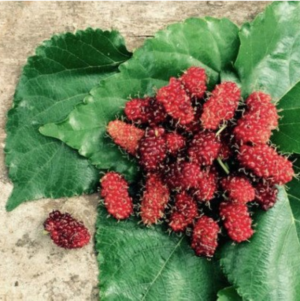 Mull it Over: Mulberries, Memories, and Muffins
Mull it Over: Mulberries, Memories, and Muffins
Who doesn’t love making memories or recounting old ones? Mulberries have a special power of unlocking memories. Did you pick them as a kid? Picking them now will send you right back to your childhood. If you’ve never picked mulberries before, they very well might be in your own backyard, or your neighbor’s, or your local park. You can pick some this summer, throw them in the freezer, and next winter you can bake a pie that will remind you of the warmer summer days.
Recommended Reads
Recent Articles
Chances are, you’ve seen cattails growing on the edge of your local lake or stream at least once or twice. Instead of just passing these plants, try foraging for and cooking them to create delicious seasonal dishes! The following excerpt is from The New Wildcrafted Cuisine by Pascal Baudar. It has been adapted for the…
Read MoreGarlic mustard: while known as “invasive,” this plant can be consumed in its entirety and has great nutritional value. Plus, the garlic-flavor is a perfect addition to any recipe that calls for mustard! The following are excerpts from Beyond the War on Invasive Species by Tao Orion and The Wild Wisdom of Weeds by Katrina…
Read MorePeregrine falcons, while known as predators, are essential to our environment. These stunning birds have a rich history, an interesting present, and an uncertain future. The following is an excerpt from Feather Trails by Sophie A. H. Osborn. It has been adapted for the web. Who Are Peregrine Falcons? Though relatively uncommon wherever it occurs,…
Read MoreOh, honeysuckle…how we love thee. If only there was a way to capture the sweet essence of this plant so we could enjoy it more than just in passing. Luckily, foraging and some preparation can help make that happen! Here’s a springtime recipe that tastes exactly like honeysuckle smells. The following excerpt is from Forage,…
Read MoreIntroducing…your new favorite brunch dish! This whole broccoli frittata is packed with fresh, wildcrafted flavors that are bound to help you start your day off on the right foot. The following is an excerpt from The Forager Chef’s Book of Flora by Alan Bergo. It has been adapted for the web. RECIPE: Whole Broccoli Frittata…
Read More

